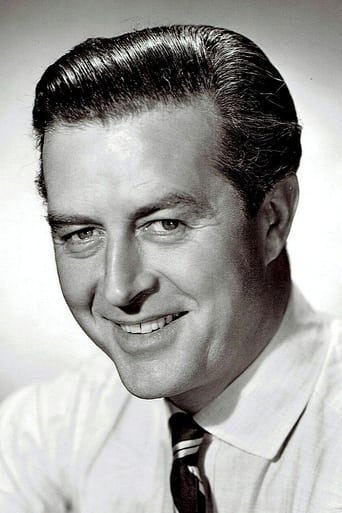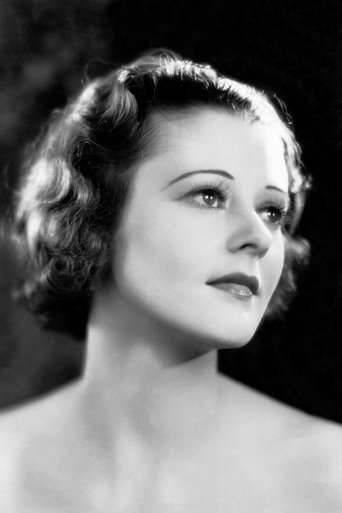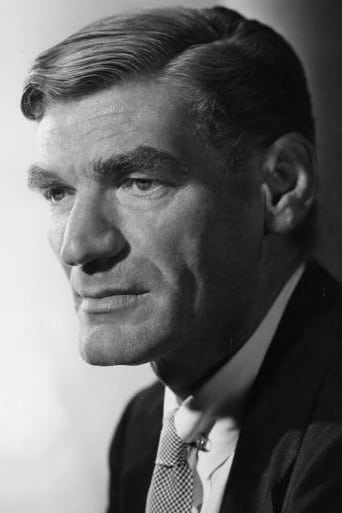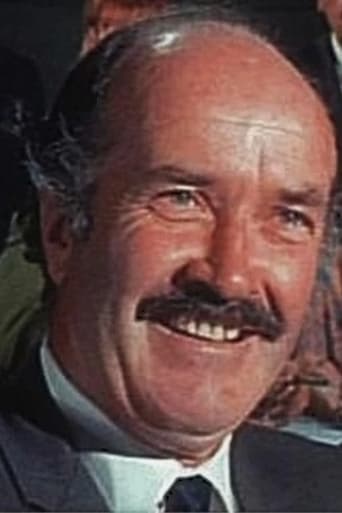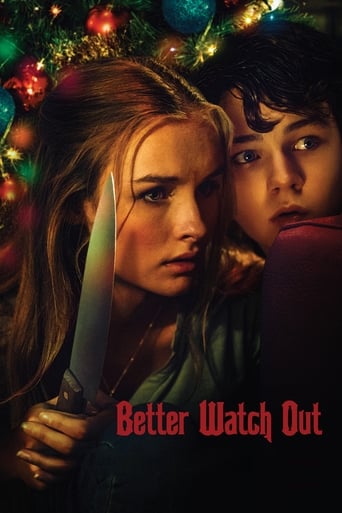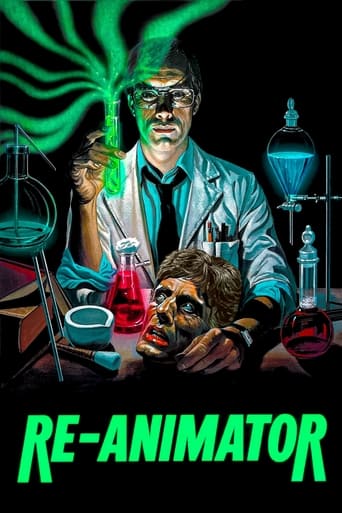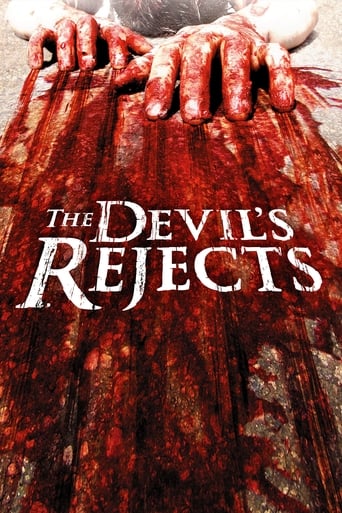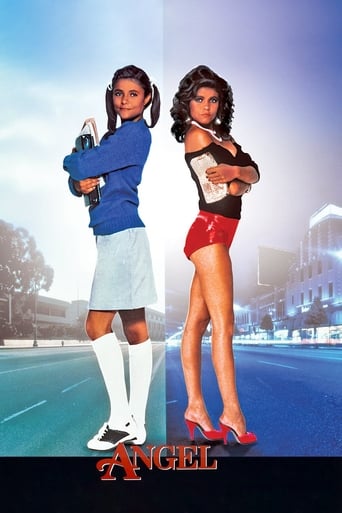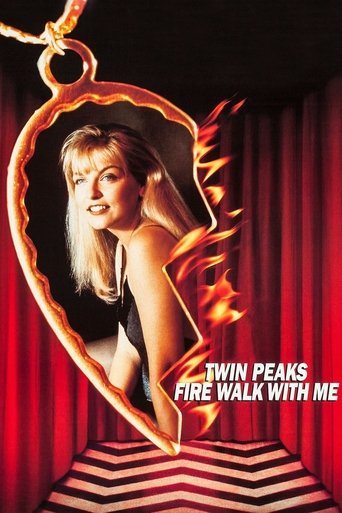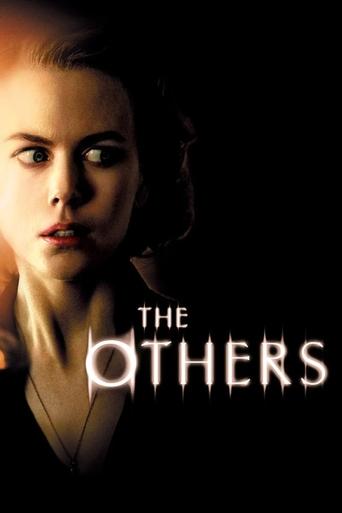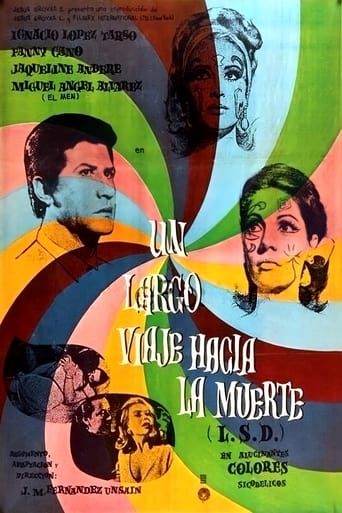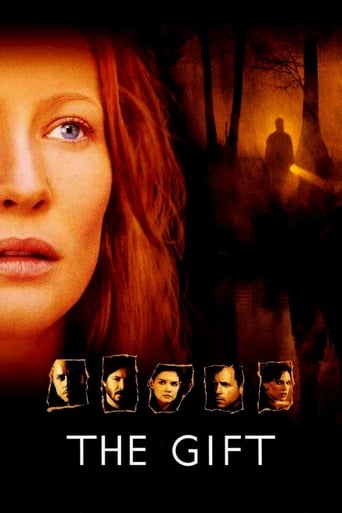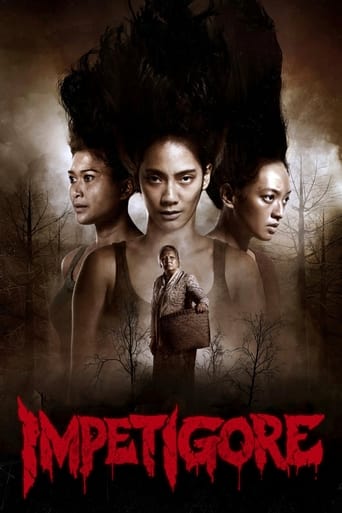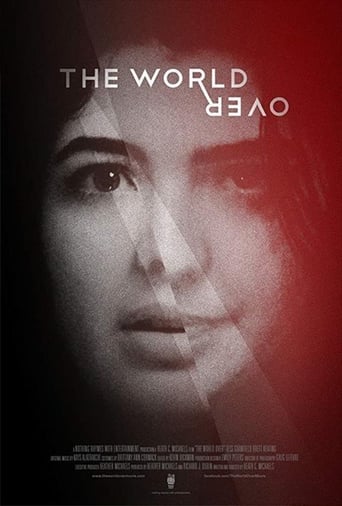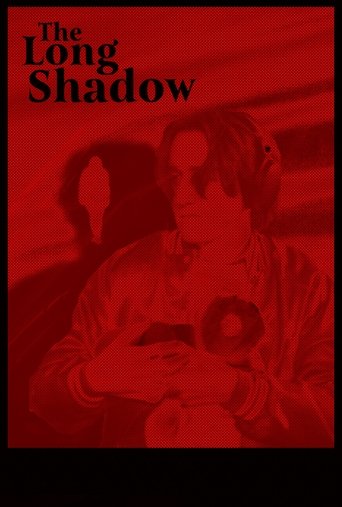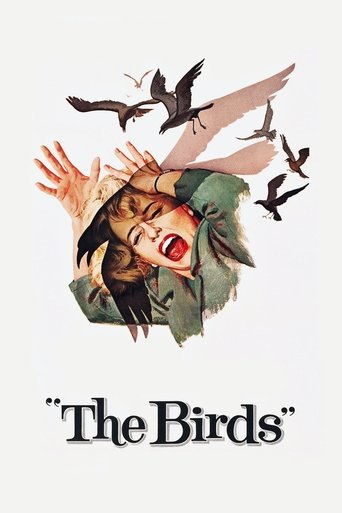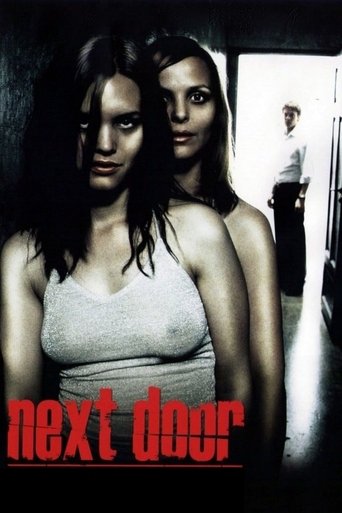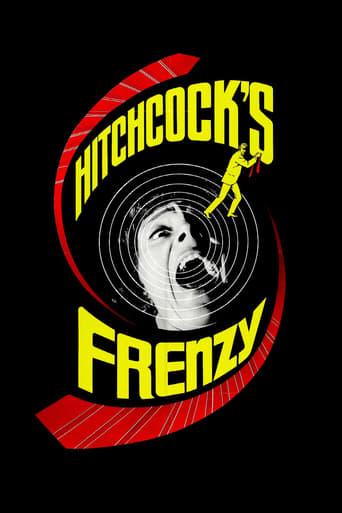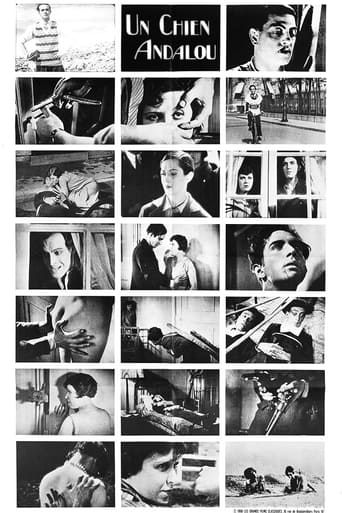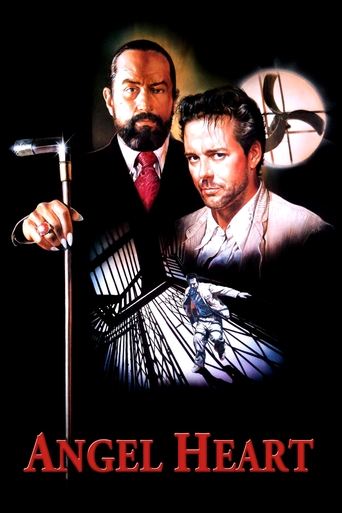
The Premature Burial (1962)
An artist grows distant from his new wife as an irrational horror of premature burial consumes him.
- Roger Corman
- Francis Ford Coppola
- Betty Crosby
- Charles Beaumont
- Ray Russell
- Edgar Allan Poe
Rating: 6.2/10 by 127 users
Alternative Title:
El entierro prematuro - MX
Ölmədən Basdırılanlar - AZ
生葬惊魂 - CN
Country:
United States of America
Language:
English
Français
Runtime: 01 hour 21 minutes
Budget: $0
Revenue: $1,250,000
Plot Keyword: nightmare, cat, poison, cemetery, coffin, marriage, spider, victorian england, murder, crypt, fear, dog, death, grave robber, tomb, graveyard, corpse in coffin, rat, premature burial, catalepsy
She wheels her wheel barrow, through streets broad and narrow... The third in Roger Corman's cycle of Edgar Allan Poe adaptations sees Charles Beaumont & Ray Russell on script duties and Ray Milland star. The story follows Milland's cataleptic Guy Carrell, whose fear of being buried alive like his father drives him to build a tomb that should ensure against such a disaster occurring... Pulpy, Gothic and at times silly, The Premature Burial is still very much a nice slice of Corman pie. Some critics have bemoaned the lack of AIP mainstay Vincent Price for this one, yet that's unfair on Milland who does some neat work as he blends lunacy with sympathy to great effect. Though the plotting lacks any imagination, since it's obvious from the get go that poor Guy is going to find his nightmare become a reality, this frees up Corman to conjure up as much atmosphere as possible. Backed up by Floyd Crosby's sumptuous Eastman colour photography (in Panavision too), Corman is able to craft some genuinely macabre moments. The appearance of genre babe Hazel Court is a pleasing bonus and the set design coming from old sharp eye himself, Daniel Haller, rounds the film out as a pretty effective piece. Nice creepy use of Molly Malone too! 6.5/10
> An intense thriller from the outside, but full of suspenseful events! A very surprising mystery-thriller from the 60s that I usually won't write reviews for the old flicks, but for this one an exception. The film was based on the book of the same name that sets in the early 19th century. Since it was a short tale the film was just a 80 minutes long. It looked like the film 'Take Shelter', but while progressing its narration totally impressed me with the uniqueness in the development area. However, I did not understand the final scene after all those twists, yet it is obvious an agenda that was achieved. The cast was small and a single location concept where most of them takes place inside a building and its surroundings which were obviously settings. The story was very interesting with turns in every few minutes and incredible performances. This is not a popular film, but surely it deserves more attention for telling a quality tale. Or maybe a remake won't be a bad idea to make it more thrilling product with the availability of the present technical assistant. It is no masterpiece like Hitchcock films, but still worth watching, so I recommend it. 7/10
_**Nice foggy moors, but the premise is odd and the story too one-dimensional**_ A British aristocrat during the Victorian Era has catalepsy and is therefore obsessed with the fear of being buried alive (Ray Milland). His lovely new wife urgently tries to help him (Hazel Court). Heather Angel plays his sister, Richard Ney a colleague and Alan Napier his wife’s father, a doctor. "Premature Burial" (1962) was the third of AIP’s gothic horror flicks of the 60s inspired by Edgar Allan Poe, eight of which were done by Roger Corman, but others were filmed by different directors, like “The Conqueror Worm” (1968), aka “Witchfinder General,” and “The Oblong Box” (1969). Others were Poe-ish in ambiance, yet had nothing to do with the works of Poe, like Corman & Coppola’s “The Terror” (1963). Most of these flicks didn’t follow Poe’s stories/poems very closely despite his name being attached to them. “The Oblong Box,” for instance, features a totally different story. Meanwhile the title of “The Conqueror Worm” was tacked on to “Witchfinder General” in America, along with a quote from the poem, merely to sell tickets. Like “House of Usher” (1960), this one is closer to Poe’s actual story. The colorful Gothic horror sets with a seriously foggy graveyard are great but, like “Usher,” I found the odd story one-dimensional and (melo)dramatically tedious. That is, until the last dozen minutes wherein all hell breaks loose. Speaking of which, the climax features an unexpected twist, even though things could’ve been better explained. I suggest seeing “The Pit and the Pendulum” (1961), “The Conqueror Worm,” “The Terror,” “The Masque of the Red Death” (1964), “The Raven” (1963) and “Tomb of Ligeia” (1964) first. If you want more, check out “Usher” and this one too. AIP was basically the American version of Hammer in England, so devotees of Hammer horror should appreciate it. The movie runs 1 hour, 21 minutes, and was shot at Producers Studios in Hollywood. GRADE: C+
Very loosely based on an Edgar Allan Poe story, this is quite a decent - if somewhat claustrophobic - drama that centres around "Guy" (Ray Milland) and his paranoia of being buried alive. The start of the film involves the exhumation of his father's coffin - and here we clearly see evidence that the occupant wasn't quite dead when he was put into the ground. Needless to say, his son becomes just a bit worried that this may happen to him, so he becomes totally preoccupied with ensuring that it cannot - much to the detriment of his marriage to the young, and increasingly concerned, "Emily" (Hazel Court) and his sister "Kate" (Heather Angel). Of course, things are not quite what they seem - the plot offers us quite a few red herrings: we are certainly unsure as to whom the increasingly flakey Milland ought to trust and the pace from old hand Roger Corman builds quite effectively. Thing is, though, Milland is in super-ham mode throughout; his manic eyes and his overdramatised performance rather ridicules what is quite a curious story of fear. Hazel Court - whom I loved in Corman's "The Raven" (1963) doesn't really have much to get her teeth into, and the ending - though quite quirky, isn't great. Still, enjoyable enough to watch though.

